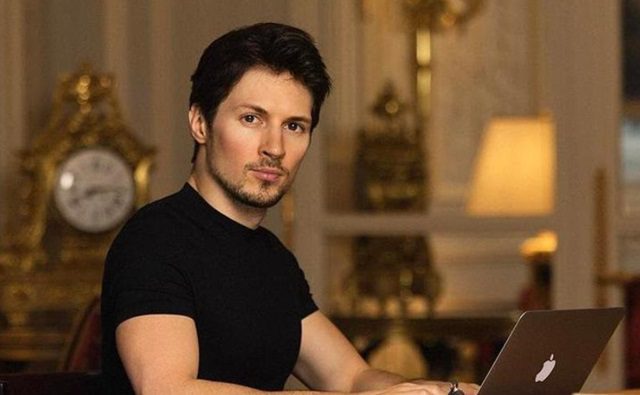BTN News: In a startling development, Russian lawmakers have rallied together, demanding the immediate release of Pavel Durov, the enigmatic founder of the encrypted messaging service Telegram, who was unexpectedly detained in France. Durov, a prominent figure in the tech world known for his staunch defense of privacy and digital freedom, was arrested last night upon landing at Paris-Le Bourget Airport from Azerbaijan. His arrest has sent shockwaves through both the political and tech communities, prompting a wave of speculation and concern about the underlying motivations behind this move.
Pavel Durov, a Russian entrepreneur who has also acquired French and Emirati citizenship, is no stranger to controversy, especially given his creation of Telegram, a platform known for its robust encryption and commitment to user privacy. His arrest in France has triggered a firestorm of reactions from Russian officials, many of whom suspect political motivations. Vladislav Davankov, the vice chairman of the Russian Duma, took to Telegram to call for Durov’s release, emphasizing the significant contributions Durov has made to the digital landscape in Russia and globally. Davankov’s call was echoed by several other Russian lawmakers, who argue that the arrest could be an attempt by Western powers to gain access to the confidential data of Telegram users.
The arrest warrant, reportedly issued by the French National Criminal Investigation Directorate’s Office for Minors (OFMIN), points to allegations that Telegram’s lack of moderation and Durov’s refusal to cooperate with authorities have facilitated serious crimes, including drug trafficking, terrorism, fraud, money laundering, and the distribution of illegal content such as child pornography. These charges, if proven, could have severe consequences for Durov and his platform.
Andréi Svintsov, deputy head of the Duma’s Information Policy Committee, voiced concerns that Durov’s arrest might be part of a broader strategy by the “global Western government” to control informational resources worldwide. He predicted that Durov could remain in custody for several years, a prospect that alarms many in the Russian tech and political communities. In a similar vein, Andréi Klishas, head of the Senate’s Constitutional Committee, criticized France for its perceived hypocrisy in matters of free speech and European values, suggesting that Durov’s case reflects a broader struggle between individual freedom and state control.
The arrest has also drawn the attention of Alexéi Pushkov, head of the Senate’s Information Policy Committee, who humorously warned Elon Musk to “prepare himself” for similar treatment, drawing a parallel between the pressures faced by high-profile tech entrepreneurs who challenge the status quo. This sentiment was shared by Dmitri Medvedev, Russia’s former president, who described Durov as unpredictable and dangerous in the eyes of Russia’s adversaries, purely because of his Russian heritage.
Durov, who has been residing in Dubai since 2017, has long been a vocal advocate for privacy and resistance to government surveillance, principles that have made Telegram a popular tool for secure communication. However, these same principles have also drawn the ire of governments around the world, who view Telegram’s encrypted messaging and refusal to provide backdoor access as obstacles to law enforcement.
The timing of Durov’s arrest is particularly noteworthy, as it follows a three-week stay in Azerbaijan, coinciding with a visit from Russian President Vladimir Putin. This has fueled further speculation that the arrest might be politically motivated, possibly aimed at exerting pressure on Russia through one of its most influential tech figures.
As the situation unfolds, all eyes are on Durov’s upcoming appearance before a French judge, where he will face a litany of charges that could profoundly impact his future and the future of Telegram. The outcome of this case could set a precedent for how governments deal with tech companies that prioritize user privacy over compliance with national security demands.
The arrest of Pavel Durov has not only sparked outrage among Russian lawmakers but has also raised critical questions about the balance between privacy, security, and freedom in the digital age. As the legal battle begins, the world will be watching closely to see how this case evolves and what it means for the future of encrypted communication platforms like Telegram.


